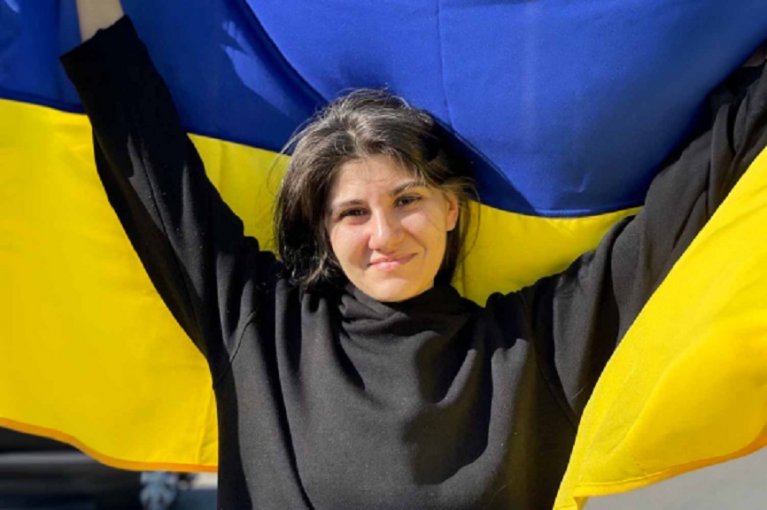Ukrainian judge released from captivity tells of torture by Russia
13 June 14:57
The Supreme Court of Spain held a meeting with Ukrainian judge Yulia Matveeva, who was held captive by illegal armed groups in the occupied territory of Donetsk region. This is reported by the Judiciary of Ukraine portal, "Komersant Ukrainian" reports.
Matveeva, who at the time of the full-scale invasion worked in the Illichivsk District Court of Mariupol, was detained with her husband in March 2022 while trying to evacuate. They were placed in a pre-trial detention center in occupied Donetsk: the judge spent 7 months in captivity, her husband – a year.
During the meeting, she spoke about physical and psychological pressure: coercion to cooperate, mock executions, and beatings. In particular, they tried to force her to go over to the side of the so-called “DPR” and work in the fake “supreme court”. After she refused, she was charged with “encroachment on the constitutional order of the DPR,” but the case did not go to trial and an exchange took place.
Matveyeva emphasized that the Russian military and the forces under their control are grossly violating the Geneva Convention relative to the Treatment of Prisoners of War. According to her, Ukrainian soldiers were forced to sing the Russian national anthem before receiving food, kept standing for 16 hours a day and systematically beaten.
The judge also mentioned her colleagues who died as a result of Russian aggression. In particular, Supreme Court Judge Leonid Loboyko was killed while delivering humanitarian aid, and Judge Dmytro Konstantinov was killed during a mine clearance.
Despite the war, Ukrainian courts continue to work. Matveeva noted that since the beginning of the full-scale invasion, 158 courtrooms have been damaged or destroyed, and the staffing shortage is 31%, but in 2024 alone, 4.3 million cases out of 4.4 million cases were considered.
As of 2025, information on the torture of Ukrainian prisoners of war and civilians in Russian captivity is based on the testimonies of released persons, reports of human rights organizations, international missions, and Ukrainian authorities.
Facts of systematic torture
Physical violence:
- Beatings with rubber truncheons, sticks, and metal pipes.
- Electric shocks, in particular to the genitals.
- Breaking bones, strangulation, knocking out teeth.
- Imitation of execution (for example, shots near the head).
- Psychological torture:
- Isolation, threats of murder or rape.
- Imitation of shooting or execution of other prisoners.
- Deprivation of sleep, water, food for a long time.
- Forcing them to sing the Russian national anthem or shout pro-Kremlin slogans.
Rape and sexual violence:
There are known cases of sexual violence against both men and women, including the use of objects.
Some victims required serious medical and psychological rehabilitation after release.
International testimonies and investigations
The UN (Human Rights Monitoring Mission in Ukraine) has repeatedly published reports on the ill-treatment of Ukrainian prisoners.
Amnesty International, Human Rights Watch, the Security Service of Ukraine, and the Ombudsman’s Office have documented massive violations of the Geneva Convention by the Russian Federation.
Ukraine submits this evidence to the International Criminal Court in The Hague.
Examples:
Olenivka (Donetsk region): mass murder of more than 50 Ukrainian prisoners in a detention center, probably a controlled explosion. russia did not allow international experts to visit.
Kaliningrad, Taganrog, Rostov, Crimea: places where Ukrainian prisoners of war are often held – according to human rights activists, torture is widely used there.
Violation of rights even after captivity
Many released military and civilians are returned by Ukraine in a serious physical and psycho-emotional condition.
The government provides rehabilitation, but resources are limited – hundreds of people need long-term care.
Torture in captivity is a systemic policy of the Russian Federation, not an isolated case. It is a serious violation of international humanitarian law, in particular the Geneva Conventions. Ukraine and the international community are working to collect evidence for future trials against the perpetrators.









